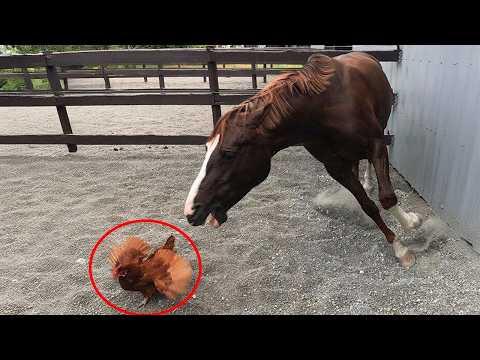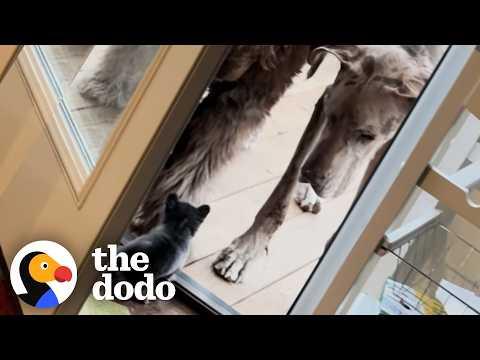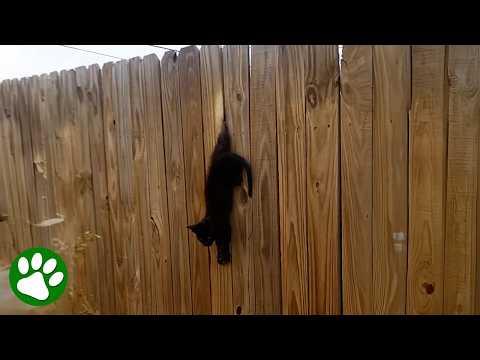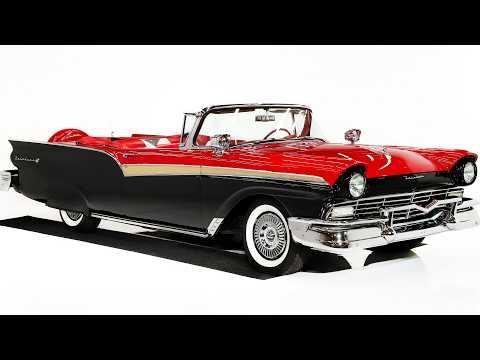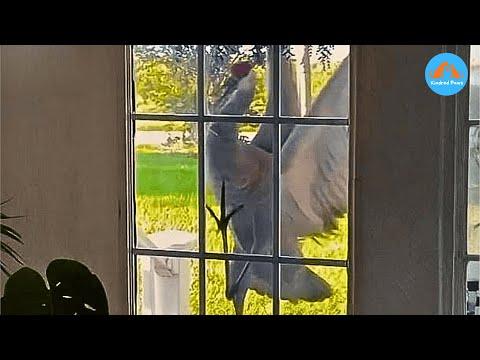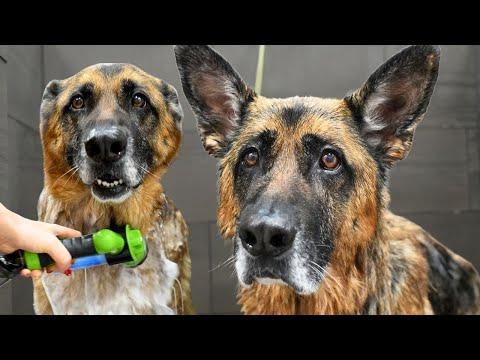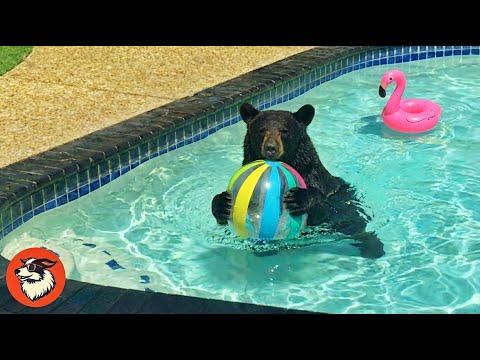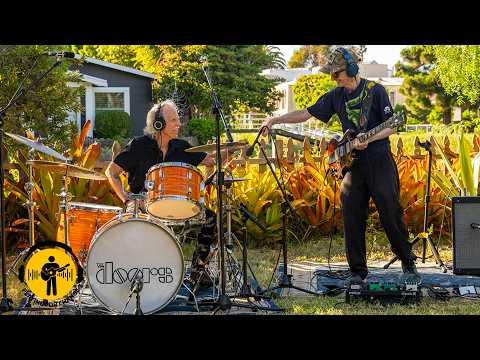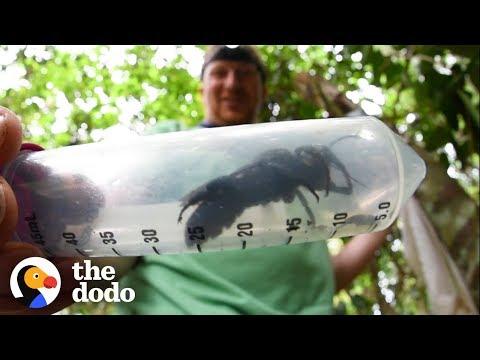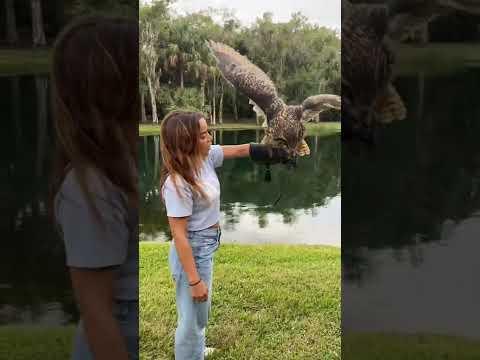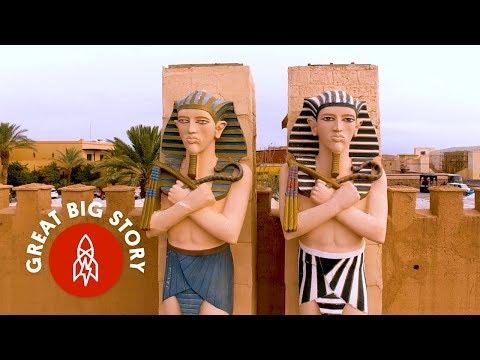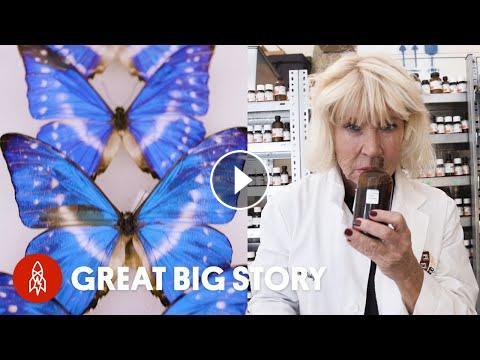You’ve heard of people collecting toys, sports memorabilia and fine art. But how about smells, colors and human brains? Join us for a “show and tell” with some of the world’s foremost collectors of interesting and, sometimes, unusual things. Our stops include The Smithsonian Museum of Natural History, Harvard’s Brain Bank and the House on the Rock.
Video Script::
[Music] the world is full of odd delightful and mysterious objects but some of them are harder to come by than others thankfully there are people who have dedicated their lives to collecting well just about everything in my work I really tried to reproduce smell scenarios for different purposes be it three P the neighborhood in the city I've done cousin so smell all over the world could we on behalf of a small molecule find out something about history but we otherwise wouldn't know this is sisal Tallis she has many things an artist a scientist but more importantly a smell expert she however prefers another title i'm call myself a professional in-betweener which means what exactly there's a whole world to smell and the whole word to indicate how to smell so you cannot just limit yourself to one discipline right the point is she has dedicated her life to the sense of smell what it means but how it can be used to better understand the world and each other pretty early in my life I started ask questions why are we only understanding the world on behalf of how the world look like what if we started using other senses more appropriate for the same purpose why we're starting to discover the same world I've been looking at for several years using the nose for the purpose so how exactly did you go about recording and then reproducing these smells I will walk around identify smells with my own nose I have small devices that enable me to collect the smell Malik is emitting from the source with the result I go to my lab and then the data I get is then the starting point of reproduction of the actual smell I have a lab consisting of up to four thousand chemical compounds and with those ingredients as with those compounds I literally reproduce invisible reality that surround you full-time all the time name a city a neighborhood within a neighborhood a historical building or even an era in time and most likely sizzle has reproduced that smell along with thousands of other cents here in her lab with the hopes of using the findings for a bigger purpose the purpose can be tolerance education navigation to memorize the list is endless is more interesting if you really start to understand the smells and see how you can use that information for a purpose beyond the smell itself it can be beetles that come off a cactus it can be the dried urine of a cow little insects that grow on an oak tree a chunk of lead that's soaked in vinegar it's truly amazing [Music] we're in Harvard University outside the shorts pigment collection pigment is a very small particle of colored material that is mixed in with a binding medium the pigment gives paint its color the fourth pigment collection has been brought together over several decades we have around 2,500 pigments we have a lot of very unusual and very rare colors so this is I think one of the more unusually named pigments it's called Dragon's Blood it doesn't come from dragons it comes from rattan palms and it gives a very bright red pigment the unusual aspect of mummy has to do with its source rather than the color itself and that comes from Egyptian mummies and it's the resin that's applied to the outside of the bandages I think the rarest color that we have is actually a an entire ball of Indian yellow and this is a pigment that is made from the dried urine of cows that are fed only on mango leaves if you're looking at a work of art and you want to understand what is original and what's a restoration you will take a tiny sample of pigment and analyze it a lot of the pigments are actually toxic so you don't want to handle the pigments and then go out to lunch there's a green called emerald green that has an arsenic Center to it we can use them for telling if something is real or not people will say this is by a certain artist and we can look at the materials that are used and decide if those materials were available during that artists lifetime if not then we have to look at who might have painted that picture I can't pick a personal favorite there it's like asking to pick a favorite child no the other 2,400 would feel left out [Music] the Sonia's National Museum of Natural History has over 144 million objects like this novel tub my name is Kirk Johnson I'm in charge of all of them 99 percent of the collections are behind the scenes these are the people that work with them this is Carla dove the division of birds here in the division of birds we have somewhere around six hundred and twenty thousand museum specimens and that represents about eighty-five percent of the diversity of birds in the world you look at these specimens and you realize that this is where the science is really gonna start we're using our collections to identify birds that collide with airplanes and help us improve aviation safety dr. Bob Robbins curator of butterflies and moths I have been professionally employed as an lepidopterist want some butterflies for about 35 years this is the essence of my being is to know everything about butterflies there's a whole world out there that unless you look very closely you don't see and it's an interesting world it's a fascinating world and it is full of practical value for human beings strong curator of mollusks what I love about this collection is its breadth we estimate that we may have as many as 20 million specimens we are preserving a record of past life on this planet of present life on this planet and preserving that for the future I take that responsibility very seriously and providing access and caring for the specimens for posterity dr. Jeff post curator the National gem and mineral collection minerals in this collection go from something that formed maybe in the last few tens of years to others that form more than three billion years ago we know right now there's more than 5,000 minerals that make up the earth and in our collection we probably have more than half of those each one's a little piece of the puzzle and you try to put all these things together and hopefully eventually understand the big picture of how the earth works employed chocolate collection manager for entomology we have just a little over 35 million specimens in the collection 1/3 of all insect life on earth is represented by at least one specimen our collection when you look at a collection the size of ours you're starting to get to a point where you can ask really big questions the questions related to global climate change habitat destruction and you can only answer those big questions with you have a lot of specimens collected over a long period of time a lot of different species to understand the earth and living things of the earth you need to collect those things and preserve them and study them and that helps you when you need food or when you have a disease all that stuff arcs back the fact that we have samples of the whole planet here and that's how we understand the planet [Music] [Applause] [Music] the Harvard brain Bank is one of the largest brain banks in the country at the moment we house approximately 5000 brain specimens [Music] my name is Sabina Bavetta I am the scientific director of the Harvard brain tissue Resource Center which we affectionately call Harvard brain Bank our mission is to collect brain specimens store them characterize them and then redistribute them out to investigators across the world the do research on the human brain and in particular on large number of neurological and psychiatric brain disorders such as schizophrenia bipolar disorder Parkinson Huntington and many others depend on canaveral sleeps we have two sets of people that are gone called 24/7 we have a very limited time window from when the person passes away to the time we need to be done with this whole processing so this is gonna be your first train late at night right we have to do it in less than 24 hours our courier will bring it from training hospital to the brain Bank so just put it out here so we're gonna take ourselves it will be a dissection is ready to dissect a brain that involves so separating the two hemispheres one of the two hemispheres is put in a solution that preserves it the other hemisphere will be dissected in thick sections and those will be frozen we are not even close to understand a lot of what we take for granted our thoughts were instants of our feelings our emotions there are a lot of questions we still don't know and a lot of our brain functions still will probably be studied for a long time to come a brain donation is in a very concrete way a gift of knowledge and it cannot be done without the help of families and people willing to donate their brain [Music] in spring-green Wisconsin there is a house on a rock but it is so much more than that inside it is home to many bizarre and incredible collections there's a room of self playing instruments an infinity room a giant squid attacking a whale and some nightmare inducing dolls it seems like a really strange Museum and that's because no it appears to be Museum because it is housing antiques it's housing all kinds of memorabilia and things from a different era it's more of a place to just enjoy so what is house on the rock the house on the rock to me is a magical complex it's an all-around sensory explosion it was made by Alex Jordan who was an architect not at all not at all he is not a trained man he's just a man of great vision maybe not an architect but an evident hoarder Alex Jordan with the help of his friends built the house on the rock in the 40's and opened it to the public in the 60s his collections of antiques and junk new items and old real and quite obviously fake have no central theme or apparent reason for being there and maybe that's part of its charm there are some pretty incredible things including a huge unraidable carousel 269 different animals not one of them is a horse really yes the horses adorn the walls of course they do you know every time you turn the corner here it's a different thing and it's a different Wow and you don't know what to expect one man's trash is another man's roadside tourist attraction [Music] you
- Category
- Variety
- Tags
- great big story, gbs, lag, documentary, docs, New Releases, Great Big Reels, collections, collection, collector, collectors, Smithsonian, Museum of Natural History, brain bank, insects, collecting, smells, smell collection, memorabilia, Harvard, House on the Rock, Weird & Fun Knowledge, weird, fun knowledge, fun


